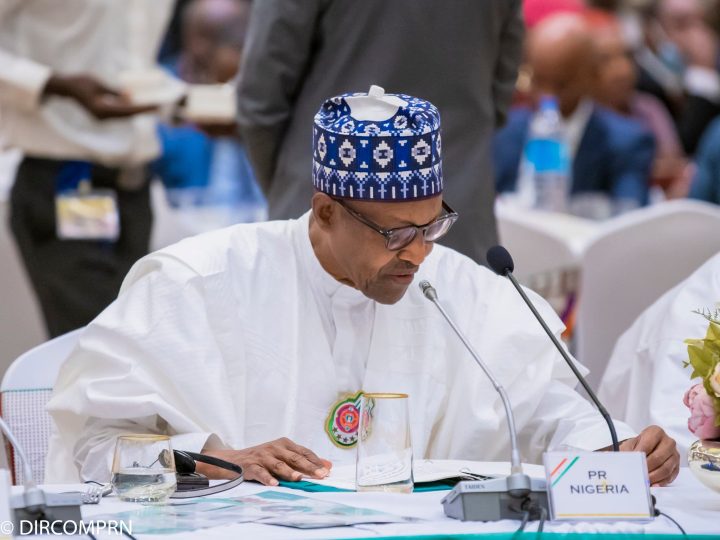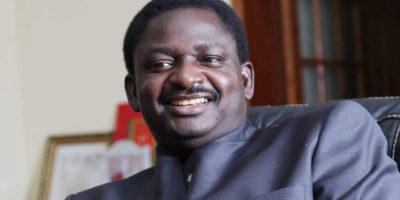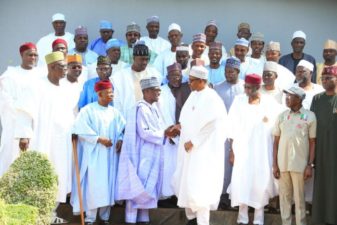*As Port Harcourt Refinery starts with 60,000bpd end of this December
*Dangote Refinery expected to start 1st quarter of 2023
*Nigeria to become net exporter of petroleum products when Warri, Kaduna refineries, other become fully active next year
By KEMI KASUMU, with agency report
The resolve of President Muhammadu Buhari’s to bequeath in May 2023 a Nigeria that is better than he inherited in May 2015 from the Peoples Democratic Party (PDP)-led administration of Goodluck Ebele Jonathan looks very real to material as the country has now reached a stage that it expects, among other several achievements, to stop importation of petroleum products before or around the third quarter of 2023.
Latest information to this effect was coming from the country’s Minister of State for Petroleum Resources, Chief Timipre Sylva, even as The DEFENDER reports such development as a huge achievement being, according to findings, petroleum products related challenges caused by many years of imports and inactive local refineries have a way it has affected manufacturing and development sector of economy in the country.
It will be recalled that the country’s Minister of Final and Fiscal Planning, Hajia Zainab Ahmed, frankly told the International Monetary Fund (IMF) and World Bank in a United States of America meeting recently, refusing persuasions of the Western financial bodies to remove subsidy on oil import.
She insisted that it was not possible to remove subsidy without making adequate preparations among which she listed fixing of the nation’s refineries, as failure to do so will hurl untold hardship on the people.
Sylva, in a latest media report, was quoted as saying that a refurbished refinery in the city of Port Harcourt in the oil-producing Niger Delta Area would be delivering 60,000 barrels per day of refined crude by the end of December, 2022.
The minister, who was said to have spoken in Abuja, also said he still expected the new Dangote Refinery to come on stream in the first quarter of next year.
However, aside the Port Harcourt facility, work has barely started at the Warri and the Kaduna refineries, which the Nigerian National Petroleum Company Limited (NNPC) had said would make the country a net exporter of petroleum products when they come on stream.
Although the Warri refinery is expected to be active by December 2023, the Kaduna refinery has no definite time for activity resumption and only the Port Harcourt refinery will be ready by Q3/2023, according to projections.
Figures from the Nigerian Midstream and Downstream Petroleum Regulatory Authority (NMDPRA) indicate that the national average daily consumption of premium motor spirit (PMS) also known as petrol remains at 60,000,000 litres
“We’re expecting that we will actually be exiting the importation of petroleum products from maybe about third quarter next year if I was to give it a longer timeframe, but I believe that even before the third quarter next year,” Sylva said.
Reuters noted that Nigeria’s production of crude had improved to about 1.3 million barrels per day from under 1 million barrels previously, and that the country hoped to meet its Organisation of Petroleum Exporting Countries (OPEC) quota by May of next year.
Oil is Nigeria’s biggest export earner, but crude theft and vandalism of pipelines have cut oil and gas output, knocking the country from its spot as Africa’s top producer.
Nigeria swaps its crude for refined petroleum products but is in the process of modernising the Port Harcourt refinery at a cost of $1.5 billion.
With high global oil prices, Nigeria wants to refine its own fuels. Its previous efforts to revamp its refineries stalled, leaving it reliant on imports for years.




